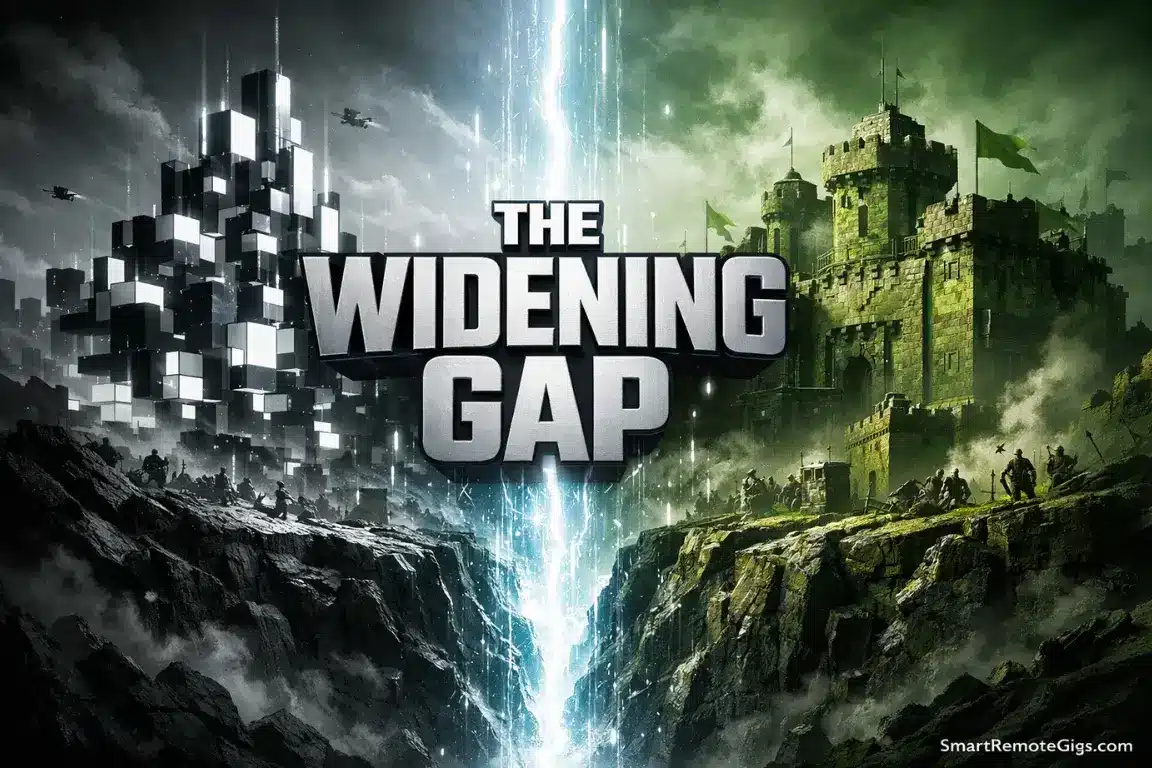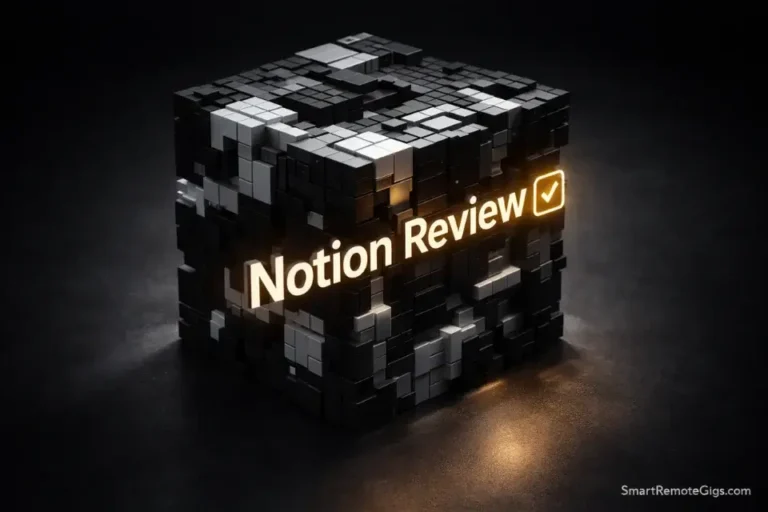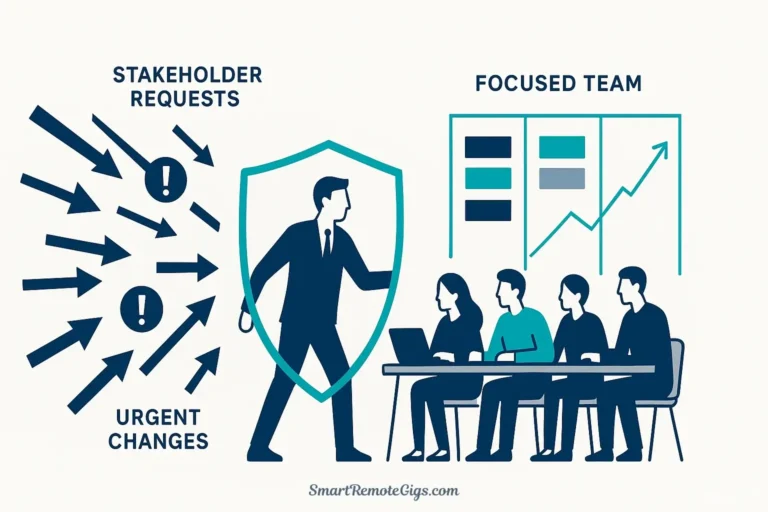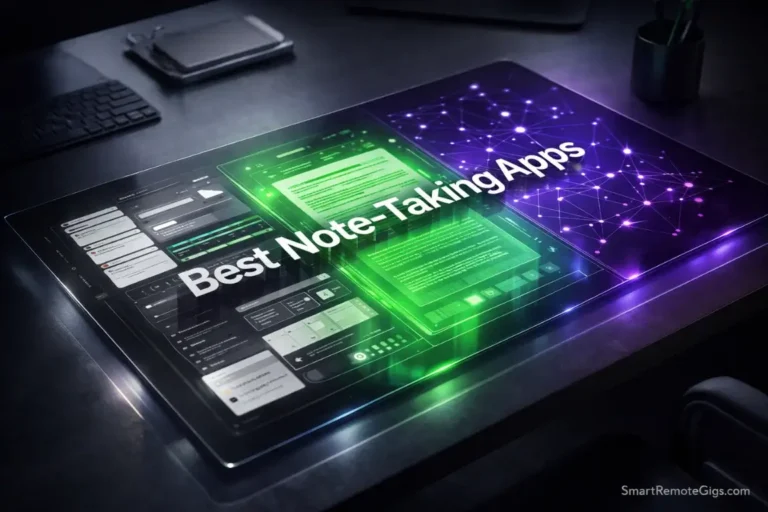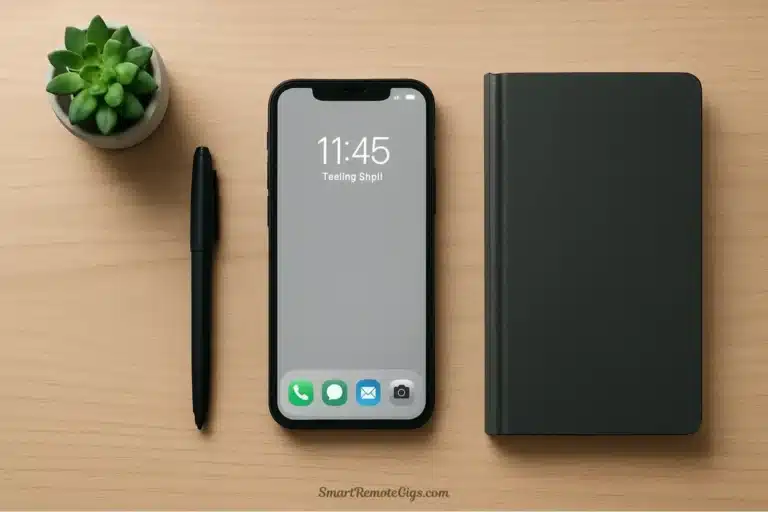The Notion vs. Evernote debate used to be a fair fight.
Evernote was the established king. Notion was the scrappy challenger. You could make a reasonable case for either one.
Not anymore. In 2026, it’s not a debate. It’s a slaughter.
Evernote now costs $130/year for notes. Notion costs $0-96/year for an entire operating system.
I’ve used both apps extensively. I migrated from Evernote to Notion in 2023, kept an Evernote subscription to test the 2026 updates, and honestly tried to find reasons to recommend the old king.
Here’s the uncomfortable truth: Notion wins for 90% of people. Evernote only wins if you’re a “digital hoarder” who relies on OCR search and web clipping as core workflow tools.
Let me show you why the gap is widening—and help you decide which app deserves your money in 2026.
🚀 Quick Verdict: Who Wins in 2026?
Feature | Notion 🏆 | Evernote 🐘 |
|---|---|---|
Best For | Project Mgmt & Teams | Document Storage & OCR |
Price (Annual) | Free / $96 | $129.99 |
Web Clipper | ⭐⭐ Good | 👑 Best in Class |
Collaboration | 👑 Excellent | 🟡 Basic |
Offline Mode | 🔴 Weak | 🟢 Strong |
Databases | 👑 Multiple Views | ❌ None |
AI Features | 🟢 Advanced | 🟡 Basic |
Learning Curve | 🔴 High | 🟢 Low |
Winner: Notion is the better value for most users. Evernote is only for die-hard archivists.
Round 1: Organization (The Filing Cabinet vs. The Lego Set)

This is where the philosophical difference becomes obvious.
Evernote: The Digital Filing Cabinet
Evernote organizes everything with notebooks and tags.
You create notebooks (folders). You add notes to them. You tag notes with keywords. You search when you need something.
It’s simple. It’s familiar. It’s exactly how physical filing works.
The problem? It’s rigid.
A note can only live in one notebook. If something relates to multiple projects, you have to use tags. But tags quickly become messy. I had 200+ tags by year three, and half of them were duplicates with slight variations (“productivity” vs “Productivity” vs “productivity-tips”).
Notion: The Lego Set
Notion organizes everything with pages and databases.
Pages can nest infinitely. Databases can display the same information as a table, calendar, Kanban board, or gallery—just different views of the same data.
A single project database can show:
- Calendar view for deadlines
- Kanban view for task stages
- Table view for detailed filtering
- Gallery view for visual projects
The flexibility is intoxicating. It’s also overwhelming.
I’ve watched people spend three hours designing the perfect workspace and never actually use it. The blank page problem is real.
Pro Tip: Overwhelmed by Notion’s blank page? Use the P.A.R.A. Method to structure it instantly. Projects, Areas, Resources, Archives. Done.
Round 1 Winner: Notion (if you’re willing to invest the time learning it)
Round 2: The Pricing Gap (The Nail in the Coffin)

This is where Evernote lost the war.
The Math That Doesn’t Math
Evernote Personal: $10.83/month = $129.99/year
- Unlimited notes and notebooks
- 10GB monthly uploads
- Offline access
Notion Plus: $8/month = $96/year
- Unlimited pages and blocks
- Unlimited file uploads
- AI features included
- Databases, calendars, Kanban boards
You’re paying $34 more per year for Evernote to do significantly less.
The Free Plan Reality
Warning: Evernote’s Free Plan is now a trial (50 notes max, 1 notebook, 1 device). Notion’s Free Plan is virtually unlimited for individual users with full feature access.
Evernote’s “free plan” isn’t a plan—it’s a 50-note demo designed to force you into paying.
Notion’s free plan is genuinely usable. I used it for a year before upgrading. The only limitation is file upload size (5MB per file).
The Verdict: Unless Evernote’s specific features justify the premium, you’re overpaying for nostalgia.
Round 2 Winner: Notion (by a landslide)
Round 3: Search & Capture (Evernote’s Last Stand)

Here’s where Evernote fights back—and honestly, wins on technical merit.
The Web Clipper Championship
Evernote’s Web Clipper is still the best in the business.
Four save modes:
- Full Article: Saves everything, strips ads
- Simplified Article: Clean text and images only
- Full Page: Screenshot of the entire page
- Bookmark: Just the URL and metadata
I clip 10-15 articles per week for research. Evernote’s clipper is faster, cleaner, and more reliable than Notion’s.
Notion’s clipper works, but it’s slower and sometimes breaks formatting. For power users who clip constantly, this matters.
OCR Search: The Secret Weapon
This is Evernote’s killer feature: OCR (optical character recognition) search.
Evernote can search text inside PDFs, images, and even handwritten notes.
I scanned a pile of old receipts. Evernote found specific dollar amounts in blurry photos. I uploaded a handwritten meeting note. It found keywords in my terrible handwriting.
Notion cannot do this. Neither can Obsidian or most note apps.
Who Actually Needs This?
- Lawyers archiving case documents
- Researchers managing hundreds of PDFs
- “Paperless office” users scanning everything
- Historians digitizing old documents
If this is your workflow, Evernote is non-negotiable. The OCR alone justifies the price.
Round 3 Winner: Evernote (for a specific use case)
Round 4: AI Features (The Future Fight)
Both apps added AI in 2024-2025. The implementations are wildly different.
Notion AI: The Productivity Multiplier
Notion AI can:
- Generate text and outlines
- Summarize long documents
- Extract action items from meeting notes
- Auto-fill database properties
- Translate content
I use it daily. I dump messy meeting notes, and it creates a formatted table with decisions, action items, and owners. It saves me 20 minutes of manual work.
The AI is included in Notion Plus ($8/month). It’s a legitimate productivity tool, not a gimmick.
Want to see Notion AI in action? Read our Notion Review 2026.
Evernote AI: The Cleanup Tool
Evernote AI can:
- Clean up messy formatting
- Suggest tags based on content
- Summarize notes
It’s functional. It’s not transformative.
The AI feels like a checkbox feature added to justify the price hike, not a tool that changes your workflow.
Round 4 Winner: Notion (AI that actually matters)
Round 5: Collaboration (No Contest)
If you work with a team, this isn’t even close.
Notion: Built for Teams
Notion has:
- Real-time collaborative editing
- Granular permissions (view/edit/comment by page)
- @mentions and comments
- Version history showing who changed what
- Team workspaces with shared databases
I manage a content team in Notion. Writers draft articles, editors comment inline, and everything syncs instantly. It’s like Google Docs but with structure.
Evernote: Barely Collaborative
Evernote added collaboration features, but they’re primitive.
You can share notebooks. You can edit together. But there’s no commenting system, no @mentions, no proper version control.
It feels like a feature added to check a box, not a core competency.
Round 5 Winner: Notion (not even close)
Round 6: Offline Mode (Evernote’s Hidden Strength)
This is one area where Evernote still excels.
Evernote: True Offline Access
With a paid plan, Evernote downloads your entire library to your device. No internet? No problem. Everything works perfectly.
I’ve used Evernote on planes, in basements, and in rural areas with zero connectivity. It never failed.
Notion: Cached and Clunky
Notion’s offline mode is technically available, but it’s unreliable.
It caches recently viewed pages. But if you haven’t opened a page recently, you can’t access it offline. I’ve lost edits. I’ve watched pages fail to load even after opening them an hour earlier.
For digital nomads and frequent travelers, this is a serious problem.
Round 6 Winner: Evernote (for travelers and remote workers)
The Migration Strategy: Ready to Switch?

If you’re reading this and thinking “I should probably move to Notion,” you’re not alone.
Why People Are Leaving Evernote
- The price hikes feel like ransom
- The AI features aren’t compelling
- Collaboration is weak
- The app feels dated compared to Notion
Why People Stay
- They have 10+ years of notes locked in
- Migration sounds overwhelming
- The Web Clipper and OCR are irreplaceable for their workflow
The Truth About Migration
It’s easier than you think.
Evernote has an export function. Notion has an import function. The entire process takes 30 minutes to an hour depending on how many notes you have.
Tags convert to page properties. Notebooks become pages. Attachments come along for the ride.
Ready to make the move? Follow our step-by-step Evernote to Notion Migration Guide to move your notes in 30 minutes.
The Final Verdict: Who Should Use What in 2026?
Choose Notion If:
- You manage projects or work with teams
- You want databases, calendars, and Kanban boards
- You value flexibility over simplicity
- You need AI features that actually help
- You’re starting fresh or have fewer than 500 notes
Get started: Read our Notion Review 2026 for the complete guide.
Choose Evernote If:
- You clip 20+ web articles per week
- You need OCR search for PDFs and images
- You work offline frequently
- You have 10+ years of notes and can’t face migration
- You run a paperless office with heavy scanning
Get started: Read our Evernote Review 2026 to see if it’s worth the price.
Consider Neither If:
- You want maximum privacy → Obsidian
- You just need quick notes → Apple Notes vs. Google Keep
- You want the best of all worlds → Best Note-Taking Apps of 2026
The Bottom Line: The Gap Is Widening
Five years ago, Notion and Evernote served different markets. You could reasonably choose either one.
In 2026, the gap is massive.
Notion is evolving into an operating system. It’s adding AI, automation, and collaboration features that make it indispensable for teams.
Evernote is extracting value from legacy users. The price increases aren’t matched by innovation. The app works, but it’s not advancing.
For 90% of users, Notion is the obvious choice.
For the 10% who need OCR search and industrial-strength web clipping, Evernote remains essential—but you’re paying premium prices for a tool that’s standing still.
The winner: Notion, by knockout.
Verdict: Notion vs. Evernote 2026
Notion
The all-in-one workspace that replaces Trello, Google Docs, and Excel. Features powerful databases, AI integration, and infinite flexibility.
Notion is the overwhelming winner for 90% of users. It offers a complete operating system for your life at a fraction of the cost, making it the superior value choice.
Editor's Rating:
Price: Free
Visit WebsiteEvernote
The veteran note-taking app known for its best-in-class Web Clipper and OCR search capabilities. Best for storing PDFs and scanned documents.
Evernote is strictly for digital hoarders who need OCR search. The massive price hike makes it impossible to recommend for general note-taking compared to Notion.
Editor's Rating:
Price: $10.83
Visit Website
